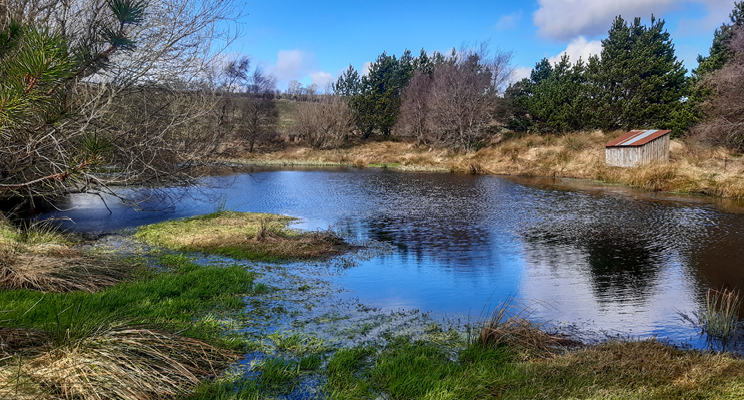Don't Fall Foul of Discharge Regulations
There are two key factors when designing appropriate effluent treatment: the quality of the incoming effluent and the required quality for discharge.
In considering the latter, consideration must be given to where the water will be discharged. The easy option is to send water to the public sewer and let the local water undertaker sort it out. Unfortunately, this is probably the most expensive option, and effluent charges calculated using the Mogden Formula can be easily in excess of 50p/m3. Ouch!
Fortunately, or logically rather, most distilleries are located close to rivers. Whilst the primary driver is a good supply of water for cooling, rivers also present an excellent opportunity to discharge treated effluent from the distilling process at a fraction of the cost. Doing so however, requires a licence or permit to be granted from the relevant authority, which will set out conditions designed to protect the biological and chemical quality, and ecology of the receiving watercourse.
I won’t bore you with the vagaries between the different regulations for discharging water in Scotland, England and Wales. If you are interested, then you can give me a call! What the regulations have in common is that they all stem from the European Water Framework Directive and in broad terms the objectives are therefore the same. I should stress that doesn’t mean that all permits and licences are the same! Some, particularly historic consents, may be overly generous in the context of the modern regulatory framework, whilst newer ones tend to have much more stringent conditions.
River quality continues to hit the headlines and it’s fair to say that there has been, and will continue to be, a continuous tightening of water quality related regulations in every one of our devolved nations. This doesn’t just affect new applications. It also means anyone intending to make changes to existing consents, be that in terms of volume, locations of discharge points, and certainly any significant changes to the nature of treated effluent quality, is likely to find themselves being more tightly regulated as a result.
Since there isn’t a one-size-fits-all approach to regulation, anyone designing, managing or trying to optimise effluent treatment plants must fully understand the criteria required to discharge, and back engineer the size and type of plant required. The key considerations to do this are:
- Flow in the River. Put simply, the bigger the river, the more dilution. If the discharge volume is small relative to the ‘low flow’ condition in the river, then the more acceptable it will be to discharge with limited treatment and conditions.
- Status of the River. New discharges will only be consented if they do not cause a deterioration in water quality, as defined under the Water Framework Directive. Effluent from distilleries is fairly benign from a quality perspective, but if the receiving watercourse is already under pressure, then a high level of treatment and polishing may be required to satisfy this requirement.
- Flood risk. This might be self-explanatory, but it is often overlooked until an application lands on the regulator’s desk. If the discharge contributes to downstream flood risk, then this is a showstopper. And if you plan to do any engineering works in or near a river, then don’t forget to check what other consents, permits or licences you may need too to authorise the construction works.
Checking these points at an early stage will save at least one design iteration to optimise the required treatment plant, and quite often a lot of time (& money) further down the road. Failure to do so may result in treatment systems being bought ‘off the shelf’, that may treat water perfectly adequately, but not to the required standard for discharge to the local water environment.
And lastly, allow plenty of time! There are statutory timeframes for determining discharge applications. I always say allow yourself at least 4 months and in complex cases, you should double it. This again highlights the importance of understanding the relevant policies and regulations to identify the acceptability of your proposed discharge, early in the development process.
Envireau Water has 25 years’ experience negotiating permits and licences in some of the most sensitive catchments in the UK. If you are facing a regulatory hurdle that you don’t know how to jump, then contact us to see how we can help.
By
Dr Phil Ham, Managing Director & Principal Hydrogeologist, Envireau Water








